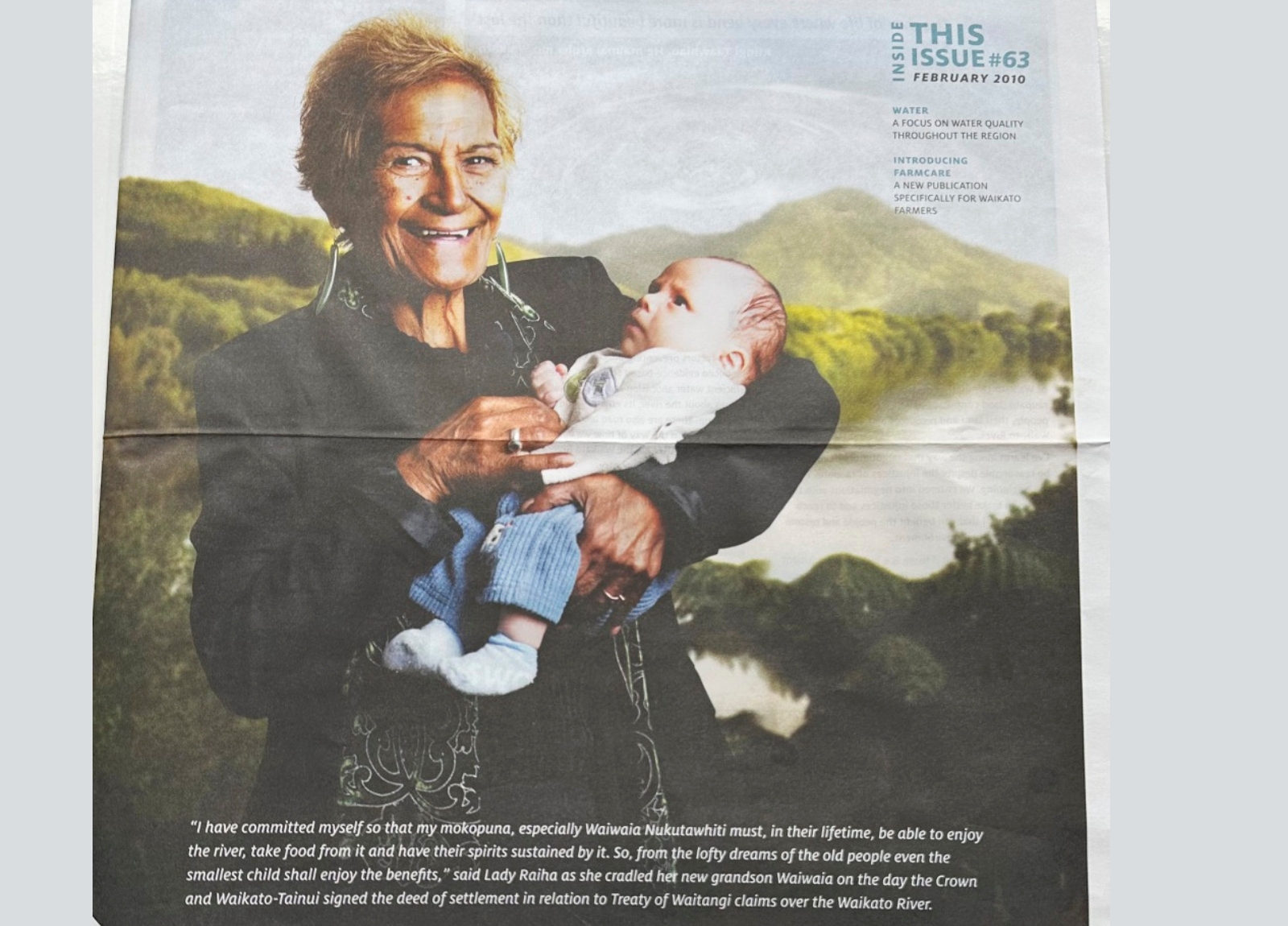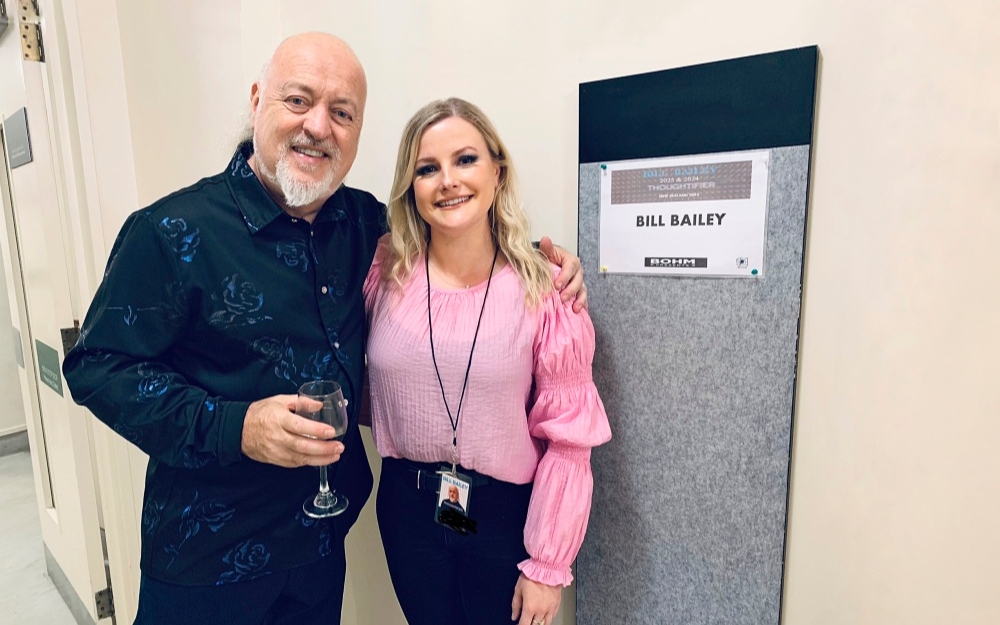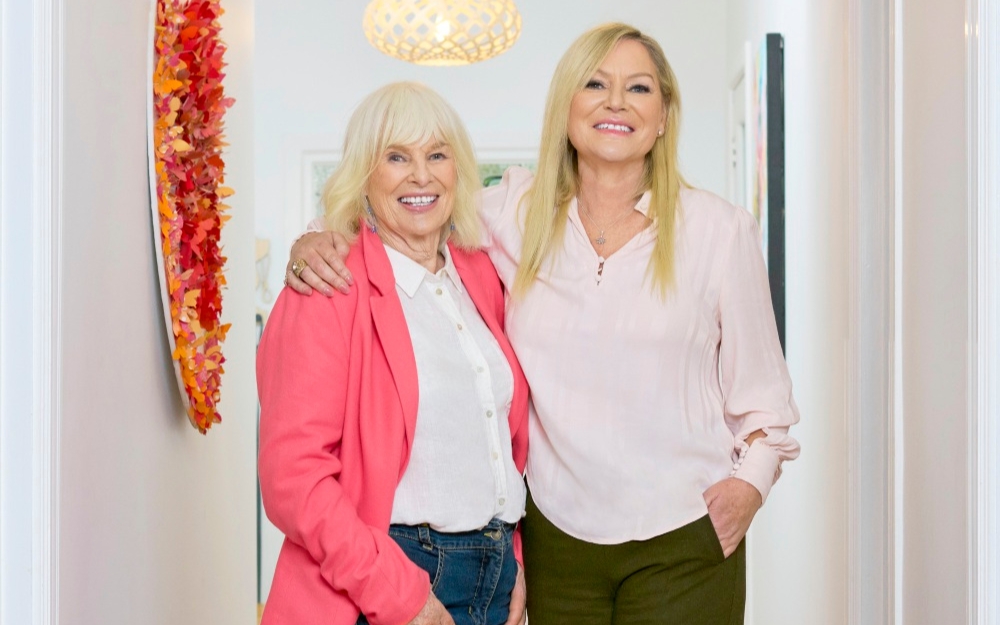With almost three decades in Parliament as a Labour MP, Nanaia Mahuta has seen and experienced it all. First elected in 1996, she was just 26 and the youngest-ever successful female candidate at the time.
What followed was a 27-year tenure, where Nanaia became the first wahine in government to wear moko kauae (traditional Māori facial tattoo), the first woman to be appointed Foreign Affairs Minister, first female Māori Development Minister and the longest-serving female MP to date.
She’s a stalwart of Waikato-Maniapoto and the electorate she has represented faithfully for many years, and acknowledges the shift of support to Māori Party MP Hana-Rawhiti Maipi-Clarke, who won the seat at the October election.
But the 53-year-old mother also found both her personal and professional lives the repeated subject of intense scrutiny, criticism and judgement.
Sitting down with the Weekly, Nanaia shares, in her own words, deeply honest and personal reflections from her life. Sometimes pausing to wipe tears, she provides a rare insight into the woman behind the politician.

Nanaia left Parliament with no regrets. “I’m happy to start a new chapter.”
Our family has always been intensely political. Much of my grounding was from my mother and father, who always took an interest in what they could do to make things better for our community and iwi.
Growing up on our marae in Rāhui Pōkeka [Huntly], I had many dreams, from being a hairdresser to a mechanic, a lawyer and an accountant.
But in 1996, I stood against five other mature Māori men for the [Te Tai Hauāuru Māori seat] Labour nomination.
I felt I was an outsider, that all these men had lived their lives and done things, and I was relatively new, with limited life experience by comparison.
I got in as a list MP in 1996, but stood again in 1999 for the Māori seat and held it until 2023.
The induction new MPs get now is fabulous, but then we basically got a few pieces of advice – ‘breathe through your nose, look and learn, and operate as if it were to be on the front of the Sunday newspaper.’
The rest was learned by doing and, as the youngest, it was sometimes hard to figure out what this place was all about.

A younger Nanaia in action.
This was during the time Tainui was going through its [iwi Treaty] settlement. It wasn’t a positive process and my dad, who was very involved in negotiating, wasn’t popular.
There was a view he was pushing me into politics.
He was proud of me, but I remember him saying, ‘This is a choice only you can make because if you get in, you’ll have to accept responsibility for your choices.’
My own tamariki [children], Waiwaia Nukutawhiti, 14, and Niua-Cybele, 11, haven’t known anything else except Mum in politics. My husband Gannin Ormsby, 55, has kept home a very stable base so our kids have not been negatively impacted by me being in Parliament.
We got together in 2001. It was challenging because we are first cousins and society has a view about that. But in many of our whakapapa Māori [ancestry], it’s not an unusual situation.
He’s been my rock, my person, the one I have come home to offload with and try to put into perspective many of the challenges I face.
He’s also a fantastic dad – he’s got humour, patience, life experience and is now at a point where he shares it all with our kids.
Devoted husband Gannin has been “my rock, my person”, says Nanaia.
I’m really pleased for other women – Parliament has become a much more family- friendly place, but it wasn’t what I experienced.
After quite a period of not thinking I could have children, I lost my first child, Ormsby, at 21.5 weeks pregnant in 2008 in the lead-up to the election.
I went into the hospital, had a live birth naturally, and baby lived for about an hour and 20 minutes.
Then around about 10.30pm at night, he passed and we made the decision to bury him early in the morning at 7am.
At 6pm on the same day we buried baby, I had a political panel debate. No one knew what had happened because I wasn’t in a position to talk about it, so it was weeks after people realised I had lost the baby. It didn’t kill me, but it almost broke me.
On reflection, that little baby, that perfect little boy, was a blessing to me because prior to then, I didn’t think I could have children and he showed me I could.
He was perfectly formed but his lungs didn’t develop and weren’t strong enough.

Mum Lady Raiha Mahuta with baby Waiwaia.
We talk about him a lot with our kids now, with love and peace in our hearts. The way we brought him into the world was with love and the way we gave him back was in love.
I got hapū [pregnant] with my son Waiwaia shortly after. He is 14 and Ormsby would be 15. Three years later, I had my daughter Niua-Cybele.
When people ask me how many children I have, I say ‘three, one in spirit’. It’s a way of acknowledging how special Ormsby still is in our lives.
I’ve lost other special people too. In 2001, I lost my father, who was my strongest mentor. In 2006, Te Ata [Māori Queen and Nanaia’s aunty Te Atairangikaahu]. In 2008, Ormsby, then in 2009, my mother, who passed in our house. And during Covid, Uncle Rick, who was like a second dad to me.
There were many others, but these were really key, special people in my life.
Nanaia is relishing family time with Gannin and their kids Waiwaia (left) and Niua-Cybele.
All of that while going through Parliament strengthened my resilience. It also forced me to reflect on what it was about these really special people I needed to hold on to because I would normally seek support and advice from them.
My mum lived for five months after the birth of my second son. We knew Mum was sick, and I told her how sad I was she wasn’t going to be here for him, and she replied, ‘I’ll live for an extra two years then.’
I knew she was only saying it to make sure I got my head back in the game, but it made me feel so much better.
I got a lot of criticism and unkind comments over my 27 years. In the early days, it was things like, ‘She’s sleepwalking her way through Parliament’, ‘Being a princess’, ‘Everything given to her on a plate’, sometimes from people in my own party at the time. The media also had unkind comments and more recently social media as well.
But I couldn’t get too caught up in the negativity or it may have stopped me getting on with business.
My daughter is an anti-bullying champion at school. I’m really proud of her and my son. Everybody deserves kindness, so if the values of our household and whānau are reflected in the actions of our kids, we’re winning.
In June 2023, I made the decision to come off the list ahead of the election to provide space within the Labour tent for new talent, especially Māori women to come through. And now women like Willow-Jean Prime, Arena Williams, Jo Luxton and Cushla Tangaere-Manuel sit on the Labour benches. At the last elections, I was happy to put my experience and leadership up for the voters to decide and accept the outcome. Their support went to the Māori Party.
Parliament can change you, but I’m most proud I’m leaving still the same person, and that I used my skillset in the places I had the privilege to influence outcomes as an MP and minister.
I have no regrets, and now I’m happy to start a new chapter to honour my whānau, children and husband, the sacrifices they’ve made and the many people who have helped me on the way.
I want to thank, in particular, long-standing team members and friends Elaine Wi, Moeroa Devonshire, Honey Heemi and Nevada Halbert more recently. There are more and they know who they are – I am forever grateful to them.
I’m not sure exactly what’s next for me. I had a double hip operation straight after the election. I’m slowly getting back into the garden, recovering and really grateful for the opportunity to feel better in myself. With the new year, it’s a deliberate turning of the page for more work-life balance, more family time and picking up some passion projects I’ve put to the side, like writing and contributing to my marae.
Working in Parliament, you become detached from the day-to-day activities at home, so having the time to really be contributing is very fulfilling. It’s good medicine for the soul.”
 Sacha Kahaki
Sacha Kahaki

